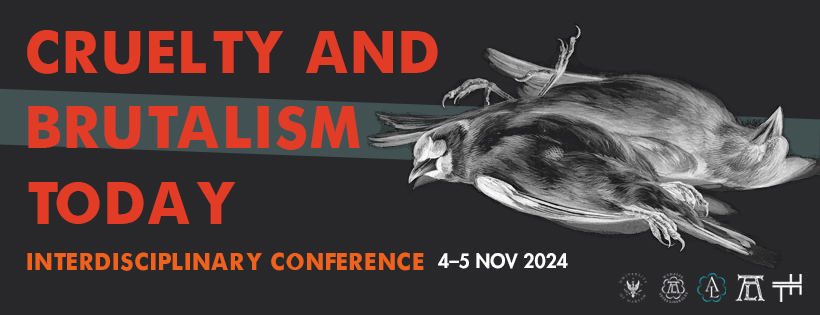Bettina Szabados
(HUN-REN Research Centre for Humanities in Budapest)
Abstract:
In 1918/1919 was a turning point in the history of Hungary. The long years of the Great War was followed by the short-lived Aster Revolution and by the equally ephemeral Hungarian Soviet Republic. The war and these revolutionary states claimed many lives, and demanded even self-sacrifice, which awakened the need for a new ethical perspective.
Can the killing of one person, or even hundreds of people, be morally justified if it is done for the “greater good”? And what does the “greater good” even mean? Is it merely a utopia, or is it a reality that can be achieved?
These were the main questions of interest for a circle of thinkers. György Lukács and his contemporaries not only asked these questions, but they also tried to live according to them. Lukács’s main task was to “create” an ethic that involved committing sin. This ethic, which I call the ethic of sacrifice, is based on the idea that changes in reality can only be achieved if we are even capable of killing for it. However, if someone commits to this idea and lives by the rules of this ethic, they may be capable of the most inhuman cruelty, because there can be no boundary when the “greater good” is at stake. Lukács’s answer to this, in his famous article Tactics and Ethics, was that only sacrifice can be a measure: sacrifice reveals whether an act is motivated by cruelty or by love for humanity. However, those who commit to this ethic also sacrifice their own moral purity.
The main task of this case study is to try to understand how the ethic of sacrifice changed in the process of its application, or whether we can still speak of an ethic in the context of cruelty. To explore this, I will examine two cases: the dictatorship of Stalin and the terrorist group, the Red Army Faction.
Bio:
Bettina Szabados is a PhD student in Philosophy at the Eötvös Loránd University, Budapest. Her research interests include Hungarian and German history of philosophy of the 19th and 20th century, the history of ideas of the 19th and 20th century and the philosophy of Georg (György) Lukács.
